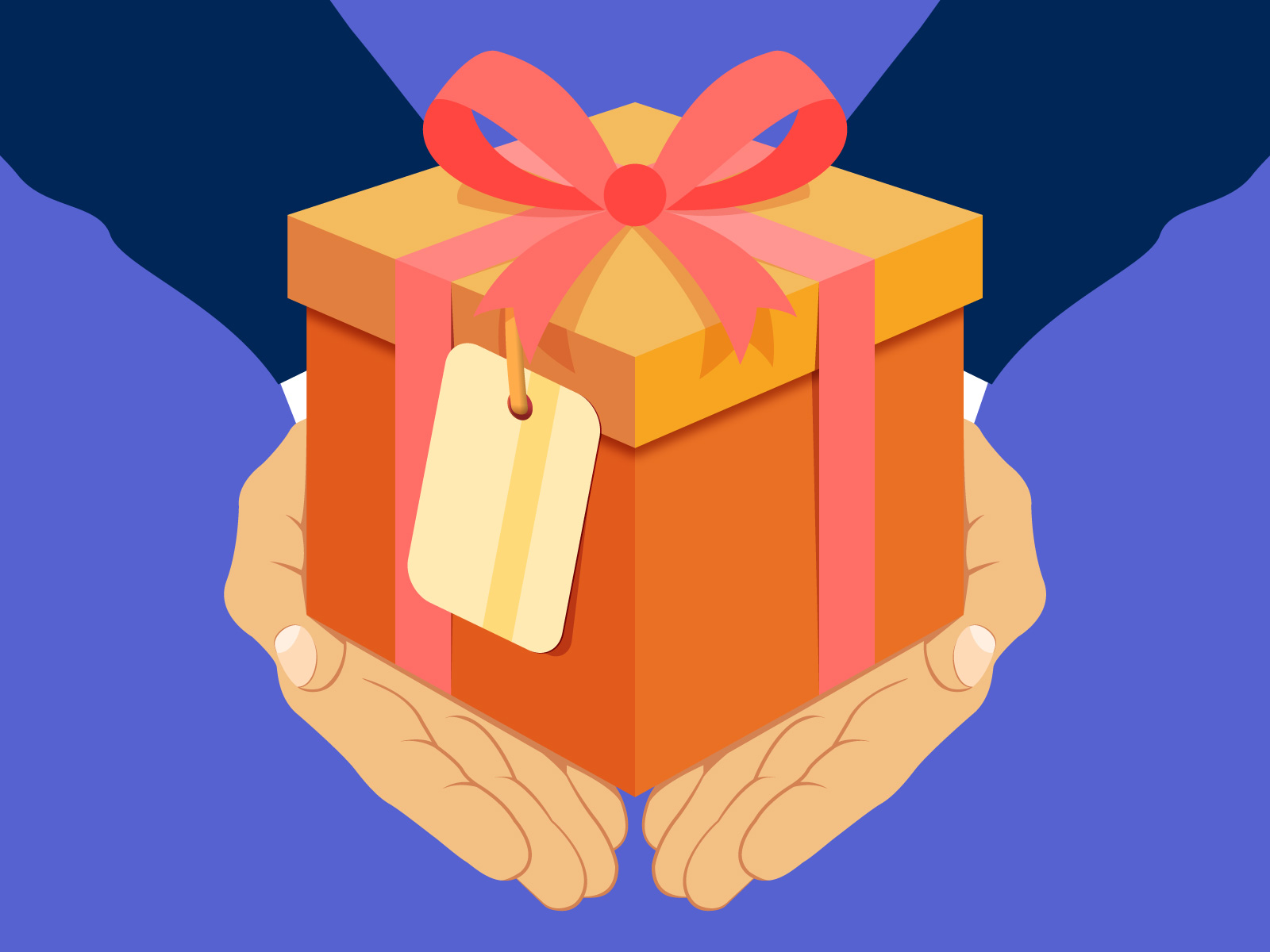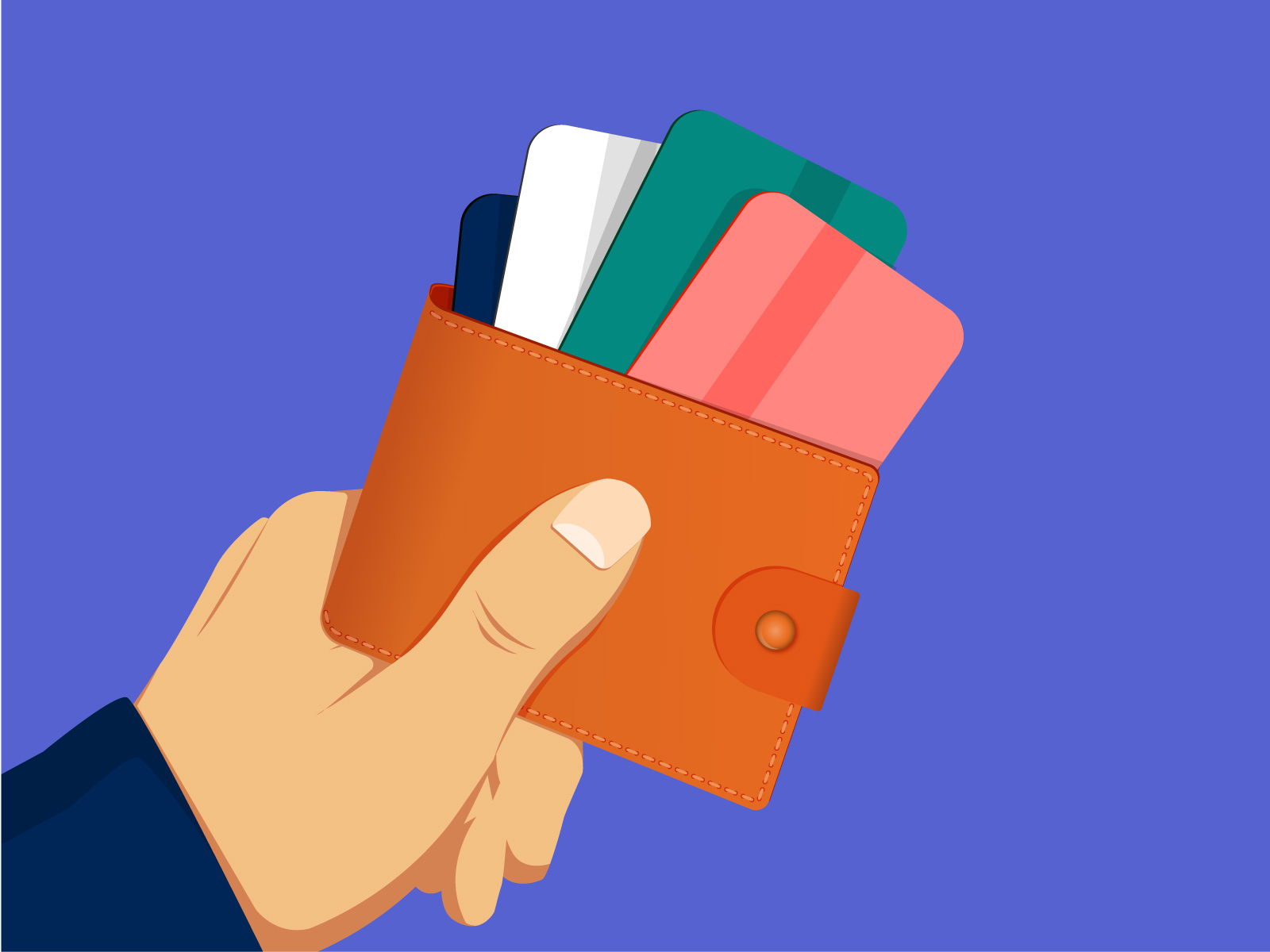This article or video (the “Content”), as applicable, is provided for information purposes only. It is not to be relied upon as financial, tax or investment advice or guarantees about the future, nor should it be considered a recommendation to buy or sell. Information contained in this content, including information relating to interest rates, market conditions, tax rules, and other investment factors are subject to change without notice and Tangerine Bank is not responsible to update this information. References to any third party product or service, opinion or statement, or the use of any trade, firm or corporation name does not constitute endorsement, recommendation, or approval by Tangerine Bank of any of the products, services or opinions of the third party. All third party sources are believed to be accurate and reliable as of the date of publication and Tangerine Bank does not guarantee its accuracy or reliability. Readers should consult their own professional advisor for specific financial, investment and/or tax advice tailored to their needs to ensure that individual circumstances are considered properly and action is taken based on the latest available information.
Tangerine Investment Funds are managed by 1832 Asset Management L.P. Tangerine Investment Funds Limited is the principal distributor of Tangerine Investment Funds. Tangerine Investment Funds Limited and 1832 Asset Management L.P. are wholly owned subsidiaries of The Bank of Nova Scotia. Commissions, trailing commissions, management fees and expenses all may be associated with mutual fund investments. Please read the prospectus before investing. Mutual funds are not guaranteed, their values change frequently and past performance may not be repeated.









